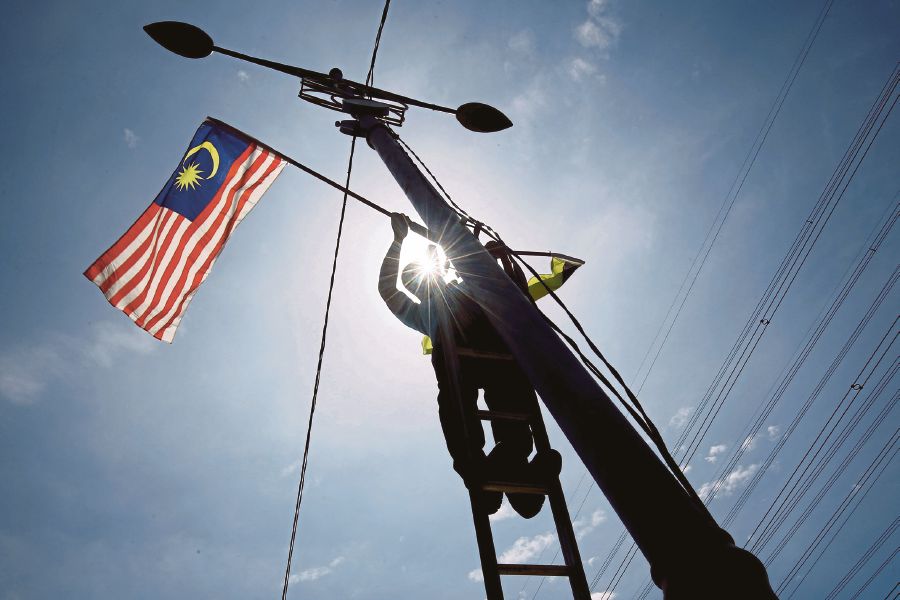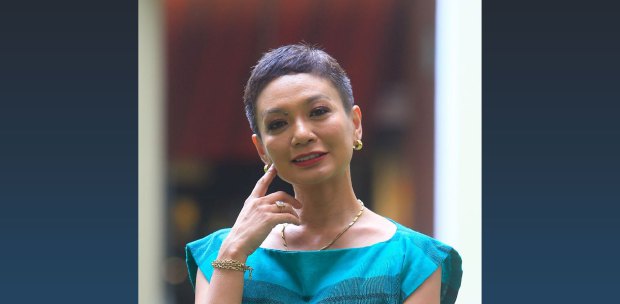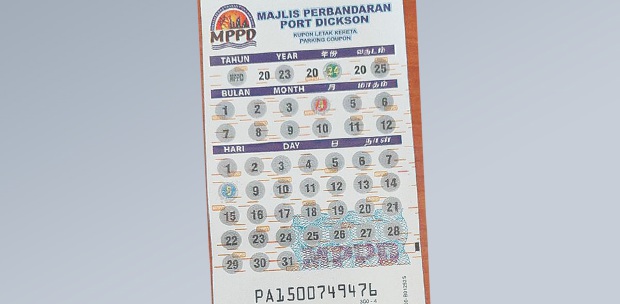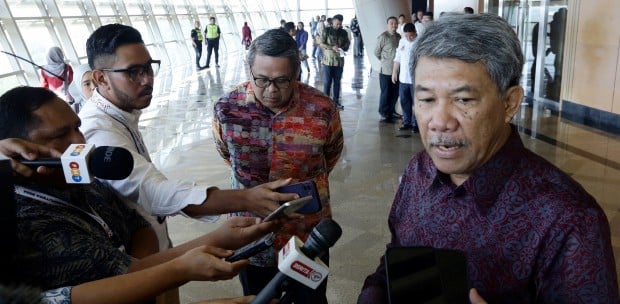If it were not from Bloomberg News, the now-notorious op-ed piece about Malaysia staring at failed state status would have been dismissed as the typical hatchet job by a fly-by-night Western writer.
But precisely because it came from a source which, at least gleaned from Bloomberg's international business news stories, has struck me as striving often to present a fair and balanced picture, I read the said piece with disbelief and disappointment.
Exhibit A in the charge about our country hurtling towards becoming a failed state was the current brouhaha over distressed Malaysians throwing up white flags out of despair. But isn't this more a phenomenon born out of desperate times caused by a very specific affliction, the global pandemic that is upending governmental responses the world over?
In fact, a few months before this, a public political furore erupted in the Philippines as well when a rather spontaneous civic pantry campaign, not unlike what we are seeing here, elicited a somewhat negative government reaction. It speaks of troubling political polarisation in the Philippines that I recently wrote about.
The Philippine pantry campaign is largely the product of the urban well-to-do and even the Catholic church, which by-and-large are alienated from the current Philippine government that draws its support from the less-privileged Filipino masses. For that very reason, commendable acts of charity at a time of pandemic-induced distress got entangled in the country's deep political divides.
It is similar in our case. Commendably, if we view it exclusively from the charity angle, both ruling and opposition parties are seemingly outdoing each other with our own version of pantry outreach.
Especially here in Sarawak, where, were it not for the state of emergency, a state election is already past due. Datuk Sebastian Ting, a state assistant minister, has lately morphed into something of a public agony uncle, organising fundraising drives for distressed individuals in his home base of Miri. He is by no means a rarity among elected representatives in these pandemic times.
There is a fundamental competitive spirit in the current rush between government and opposition politicians in the charity stakes that the pandemic has wrought to be rather hopeful about.
Besides, who could argue with a leading national business weekly which recently editorialised that while our government might have shortcomings in its pandemic response, which government doesn't? It's the pandemic-related political toxicity we can really do without right now.
Developing countries all over the world are grappling with rather impossible and seemingly mutually exclusive twin demands: the desire for a modicum of popular democracy and that for economic prosperity without, as noted Zambian economist and author Dambisa Moyo would put it, the luxury the West had of getting rich by invading and plundering the rest of the world.
Malaysia just came through a wrenching election which saw a long-ruling and scandal-hit ruling party tossed out. The political dust had not quite settled before the pandemic hit us. Viewing all this at close quarters every day in the here and now, some ordinary Malaysians may be forgiven for seeing gloom and doom every which way they look.
But as the apt saying goes, tough times do not last, tough people do. So please, can we all just give ourselves a break?
And to those from the West who drop by the rest of the globe and carry a broad brush pronouncing how this or that place does not measure up and may or may not be descending into a failed state, now is really a good time to cast aside that annoyingly condescending attitude when there are, for once, legitimate questions about whether political and economic dysfunction in the West do not cause some of its countries to also stare at failed state status in the face.
No, we must not trivialise pronouncing such a serious state lest we inadvertently or otherwise make light of states which may really be in or near failed state status: Myanmar, Haiti, Afghanistan and Syria, to name but a few.
The writer views developments in the nation, region and wider world from his vantage point in Kuching, Sarawak






